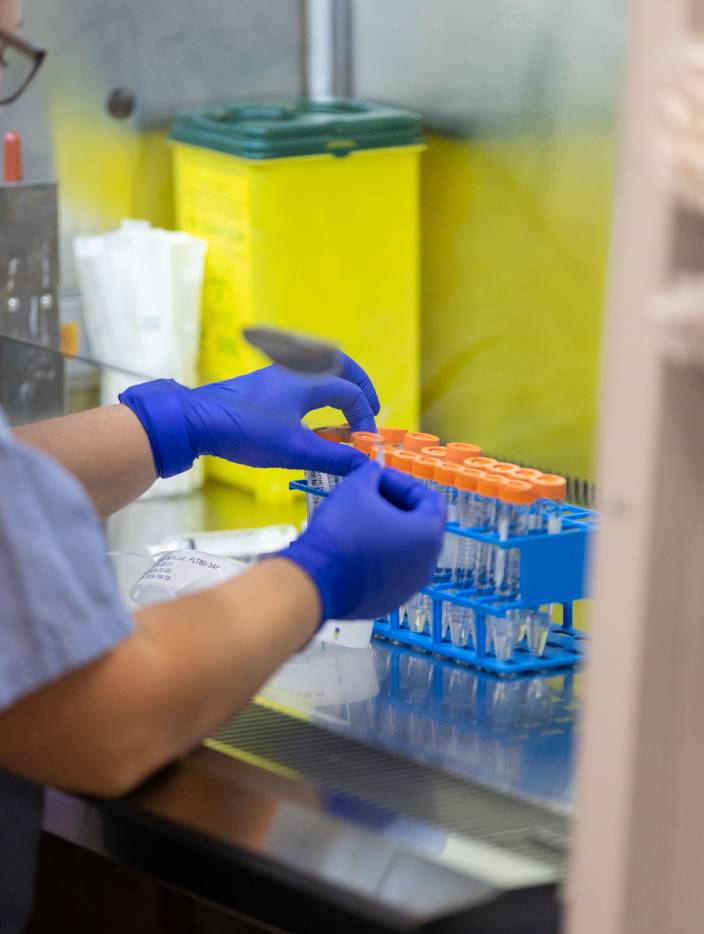Understanding infertility is a crucial step in addressing conception difficulties. Here are some common myths about female infertility and the real causes behind this issue.
Myth: Having periods always means being fertile
Reality: Having regular menstrual cycles does not guarantee fertility. Ovarian reserve, which refers to the number of follicles left in the ovaries, can be diminished even if the cycles seem normal.
Myth: Having frequent intercourse increases the chances of getting pregnant
Reality: Even for a fertile couple, the chances of conceiving each month are less than 30%. Therefore, increasing the frequency of intercourse does not necessarily improve the probability of conception.
Myth: Certain sexual positions increase the chances of conception
Reality: No sexual position has been scientifically proven to be more favorable for conception. What matters is that the sperm reaches the egg, which happens regardless of the position.
Myth: You must wait a year before seeing a specialist
Reality: The time to consult a fertility specialist depends on age and medical history. For women over 35, consultation after six months of unsuccessful attempts is recommended. Couples with medical histories or specific concerns should seek advice earlier.
Myth: Menstrual cramps are a sign of infertility
Reality: Menstrual cramps, or dysmenorrhea, affect about half of women and are not usually linked to infertility. While they can be a symptom of conditions like endometriosis, they do not necessarily indicate difficulty conceiving.



The Main Causes of Female Infertility
1. Age
Female fertility decreases with age, especially after 35. This decline is due to the reduction in both the number and quality of eggs.
2. Lifestyle
A healthy diet, regular exercise, and avoiding smoking and alcohol can improve fertility. Lifestyle habits play a crucial role in reproductive health.
3. Medical Conditions
Certain medical conditions, such as endometriosis, polycystic ovary syndrome (PCOS), and surgical history, can affect fertility. These conditions often require medical management to improve the chances of conception.
4. Stress and Anxiety
Maintaining a healthy work-life balance and managing anxiety are essential, as stress can negatively impact fertility. High stress levels have been shown to disrupt hormonal balance and affect the menstrual cycle.
5. Hormonal Fluctuations
Hormonal fluctuations play a key role in fertility. Hormonal disorders can cause cycle irregularities and affect the ability to conceive.

